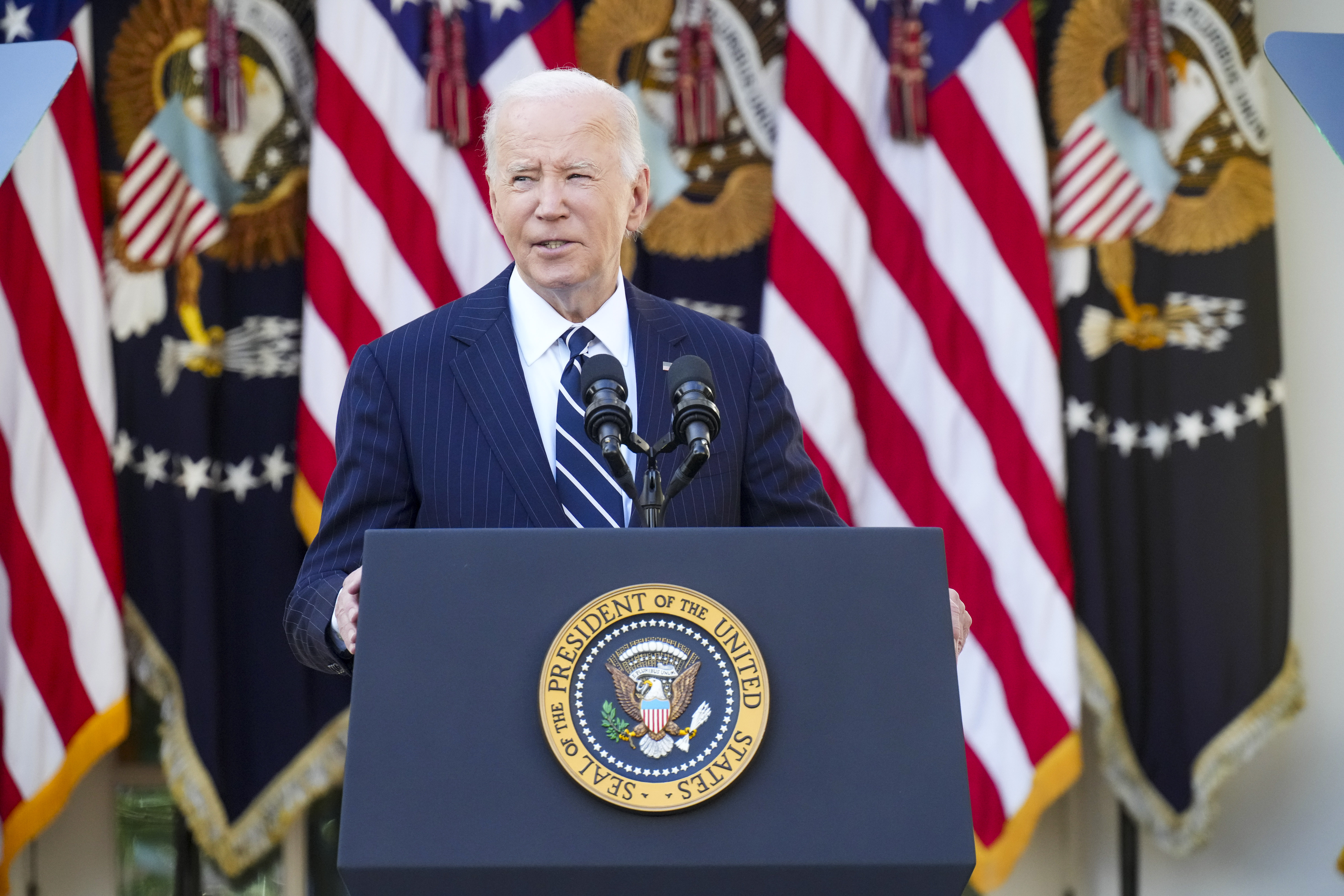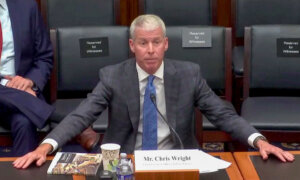In the remaining weeks of his administration, President Joe Biden and his officials are racing against the clock to issue billions in grants and take other steps to retain as much as possible of his legacy before President-elect Donald Trump takes over in January.
Since Trump has promised to revoke any unspent funds from Biden’s climate and health care laws and end renewable energy development projects, the Biden administration is processing last-minute grants as quickly as it can. Trump and his Republican trifecta will likely move to undo much of Biden’s regulations and spending projects if they conflict with the president-elect’s agenda.
“There’s only one administration at a time,” Transportation Secretary Pete Buttigieg told reporters at a Thursday news conference. “That’s true now, and it will also be true after January 20th. Our responsibility is to make good use of the funds that Congress has authorized for us and that we’re responsible for assigning and disbursing throughout the last three years.”
Specifically, Biden administration officials want the $1 trillion infrastructure law and the $375 billion climate law to survive past Biden’s tenure and are moving fast to make sure the money and grants continue to disperse.
Buttigieg announced more than $3.4 billion in grants on Friday, including projects for U.S. ports, reducing highway fatalities, supporting American manufacturing, and improving passenger rail service.
“We are investing in better transportation systems that touch every corner of the country and in the workers who will manufacture materials and build projects,″ the transportation secretary told reporters. ”Communities are going to see safer commutes, cleaner air, and stronger supply chains that we all count on.″
White House officials are also sprinting to issue major grants for environmental projects before the end of Biden’s term. The Environmental Protection Agency (EPA) recently announced almost $3 billion in grants to help local water utilities comply with its nationwide deadline for the removal of lead pipes. The issue rose to prominence after the 2014 Flint water crisis, where residents from Flint, Michigan, were poisoned from lead leeching out of public water line pipes. Ten years after the crisis began, many of the pipes have been replaced, but others have not.
The EPA also said that for the first time, oil and gas companies will be required to pay a federal fee if they’re responsible for dangerous methane fumes beyond a certain threshold.
The Energy Department announced a $544 million loan for a Michigan company expanding the manufacture of electric vehicle silicon carbide wafers. This was one of 28 deals worth roughly $37 billion granted under a “clean-energy” loan program that Biden revived and expanded.
Ukraine aid is also among the last-minute spending efforts from the Biden administration. The president wants to “spend down the authority that Congress has allocated and authorized before he leaves office,” Pentagon press secretary Sabrina Singh told reporters this week. “So we’re going to work very hard to make sure that happens.”
In order to exhaust all congressionally allocated funds for Ukraine before Trump’s inauguration, Biden officials would have to push out $7.1 billion in weapons from Pentagon stockpiles, including from 2024 supplemental spending and $2.8 billion that remains on the books after the Department of Defense recalculated the value of weapons sent.
Additionally, another $2.2 billion is available for putting weapons on long-term contracts, although recent aid packages have totaled roughly $200-$300 million a piece. Defense Secretary Lloyd Austin has said those funds were already obligated, which means the next administration would likely have to reverse that to take the funds back.
There’s also the topic of last-minute judicial appointments before Inauguration Day. This week, the Senate voted 51–44 to confirm former prosecutor April Perry as a U.S. District Court judge for the Northern District of Illinois. So far, the Senate Judiciary Committee has approved more than a dozen pending judicial nominees. Another eight nominations are awaiting committee votes, while six are waiting for hearing dates. Trump has told Senate Republicans to block any efforts to confirm last-minute judicial nominees.
“No Judges should be approved during this period of time because the Democrats are looking to ram through their Judges as the Republicans fight over Leadership,” Trump wrote in a Nov. 10 post on X, before Senate Republicans voted for new leadership.
Lastly, Biden’s Education Department is hoping to finalize a new federal rule that would allow the agency to cancel student loans for those with financial hardships. The proposal is one of the president’s few student loan plans that federal courts have not halted or reversed. The program’s public comment period ends on Dec. 2.
This would leave the agency a small window of time to finalize and enact the rule, which usually spans months and would likely encounter legal challenges. It’s not yet clear what Trump would do regarding student loan forgiveness, although Republicans have criticized the policy in the past.
The Associated Press contributed to this report.













